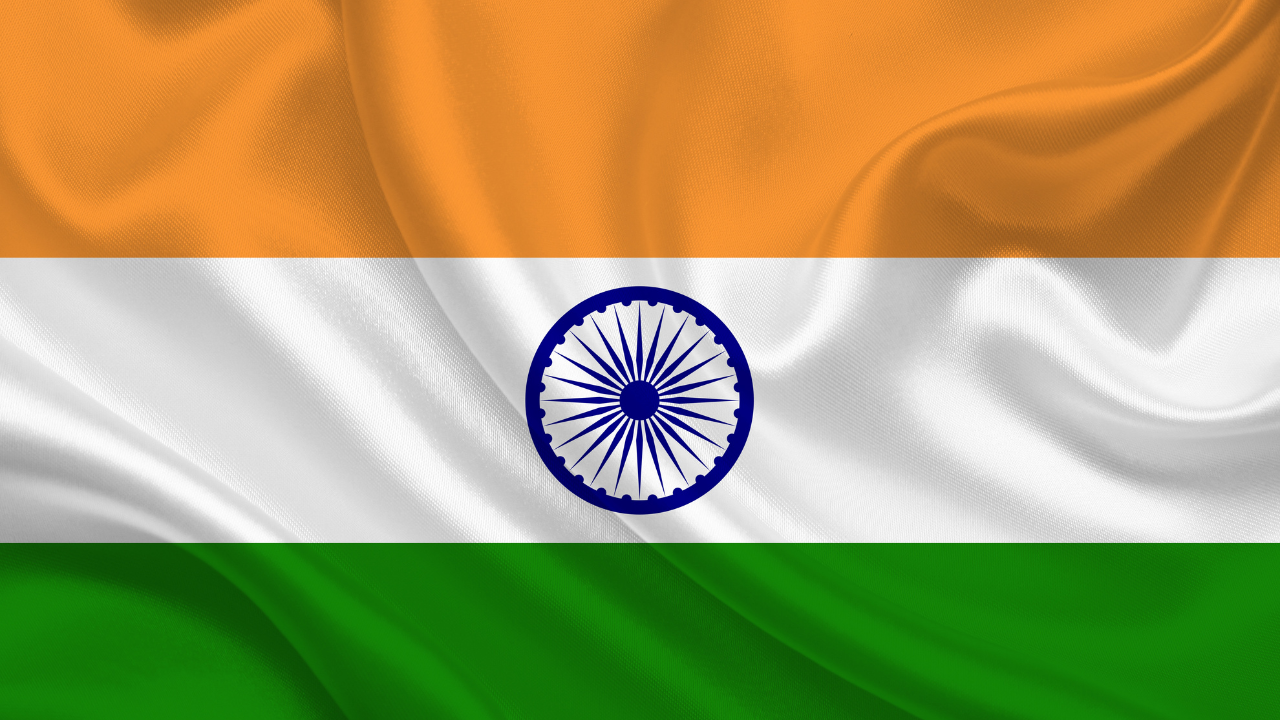Indian Independence Day

Independence Day is a national holiday celebrated in India annually on August 15. Independence Day marks the end of British rule in India in 1947 and the building of a free and independent Indian nation after a long struggle. This day also marks the anniversary of the partition of the subcontinent into two separate countries, India and Pakistan, which happened at midnight on the 14th of August, 1947.
Introduction:
India achieved independence from British colonial rule on August 15, 1947. As India freed herself from the clutches of the British empire, the whole country roared in happiness, marking the reign of an independent and free land, away from the terror of the 200-year British rule.
Fearless and inspiring Patriots led the freedom struggle which went on to be written within the deep grooves of history.
History of India’s Independence Day:
The Great Indian Independence movement began during World War I and was led by the great Mohandas Karamchand Gandhi. On August 15, 1947, India got its freedom, ending an almost 200-year British rule.
Jawaharlal Nehru declared India’s independence on August 15, 1947, and swore in as the 1st Indian Prime Minister. Indian Independence Bill was passed by the British House of Commons on July 4, 1947, and it was passed within a fortnight.
This played a crucial part in the process that led India to her victory. Freedom fighters and other patriots like MK Gandhi, Bhagat Singh, Netaji Subhash Chandra Bose, Rani Lakshmi Bai, and many more lead the common people standing in front with their belief and determination to win independence and break the shackles of slaves.
Significance of Independence Day:
Independence day is a memorial and dedication to all those people who gave their lives, mind, body, and soul to free India and see India as an Independent Nation. Countless lives were lost during this process and many were tortured but with great determination and faith, Indian rose as a free country.
On this D-day, India’s tricolor flag was hoisted above the Lahori Gate of Red Fort in Delhi on August 15, 1947. To this day, every year the Prime Minister of India hoists the flag and celebrates the occasion in a traditional ceremony in Delhi, India’s capital city. After the Prime Minister addresses the nation about the great stories of patriots, a military parade is held in Delhi that is broadcasted all over the country followed by the President’s speech.
The D-day:
Independence Day is celebrated throughout India with proud flag-raising ceremonies, drills, and the singing of the Indian national anthem. Additional to this, various cultural programs are made available in the state capitals. After the Prime Minister participates in the flag hoisting ceremony at the Red Fort, the historic monument in Old Delhi, a parade follows with members of the armed forces and police.
The prime minister then delivers a televised address to the people of the country, narrating the major accomplishments of India during the previous year and outlining future challenges and goals that are to be achieved. Also, to celebrate the day, government offices in New Delhi and in some parts of India remain lit throughout the holiday, even though they are closed.
Facts about India’s Independence Day:
- Jawaharlal Nehru’s first speech on Independence Day began with, “At the stroke of midnight, when the world sleeps, India shall awake to life and freedom…”
- Rabindranath Tagore composed ‘Bharoto Bhagyo Bidhata’. This was later renamed ‘Jana Gana Mana’ and was adopted as the national anthem by the Constituent Assembly of India.
- The Karnataka Khadi Gramodyoga Samyukta Sangha (KKGSS) is the only place where the Indian flag is manufactured and supplied, located in Dharwad in Karnataka. It has the exclusive authority to manufacture and supply the Indian national flag and the flag which is made is with hand-spun and handwoven cotton khadi wafting.
- Even after India’s independence, Goa was still a Portuguese colony. It was annexed to India by the Indian Army only in 1961. Thus, Goa was the last state to join the Indian territory.
India’s Independence Day is momentous as it stands as a reminder of the sacrifices that many freedom fighters and patriots made to gain independence from British rule.
Related Links

